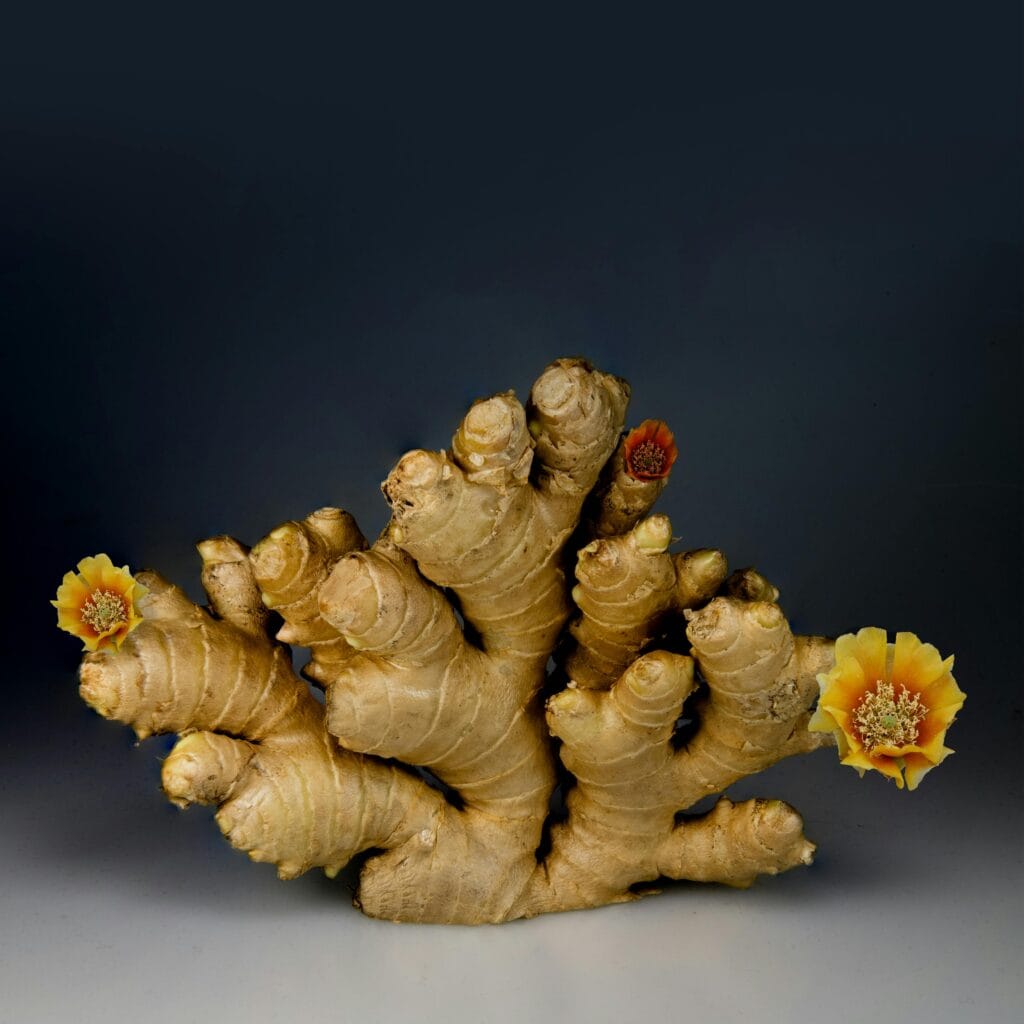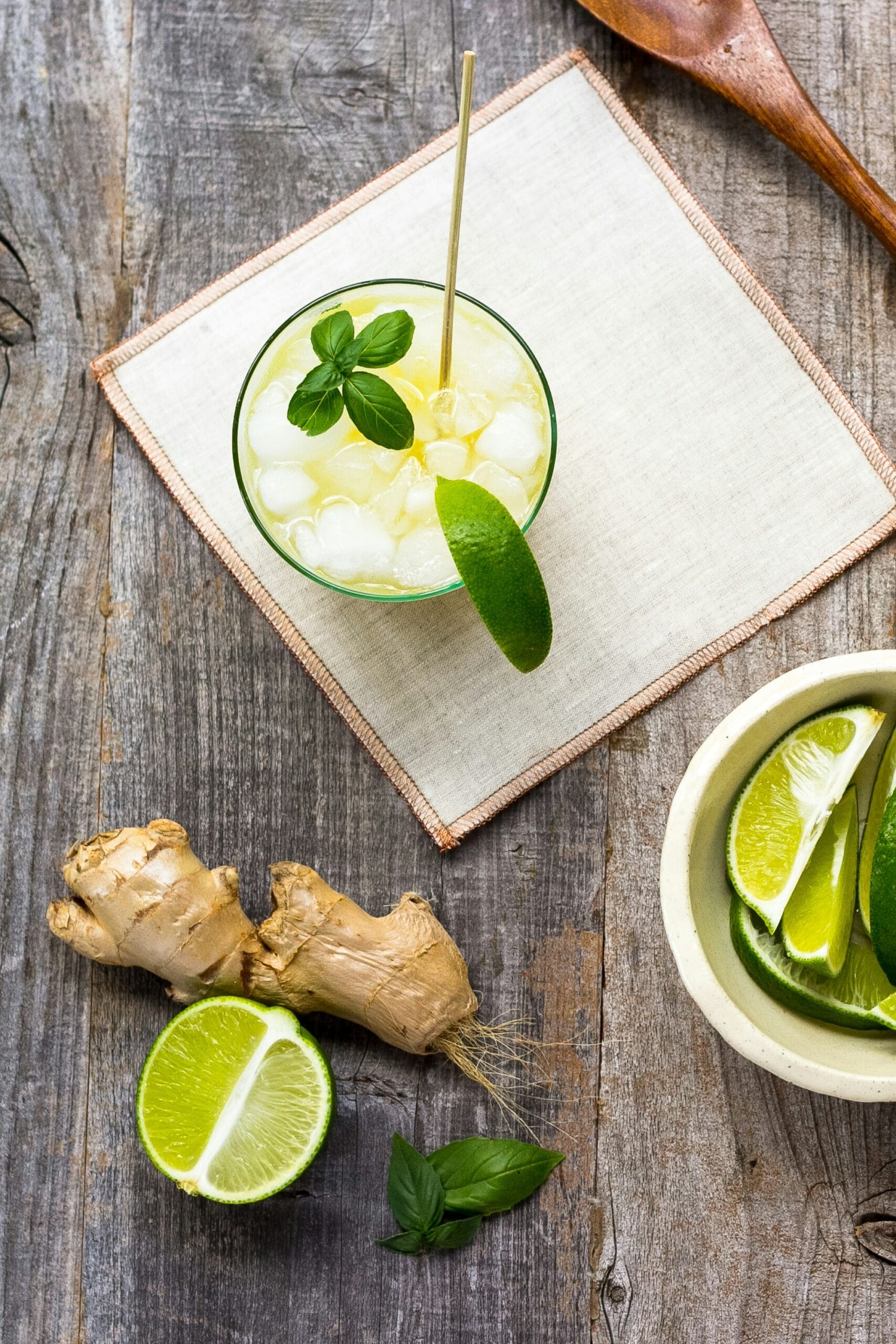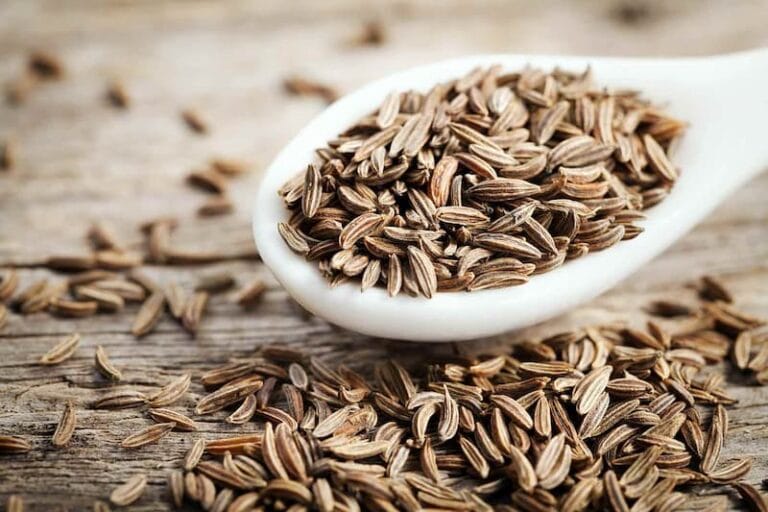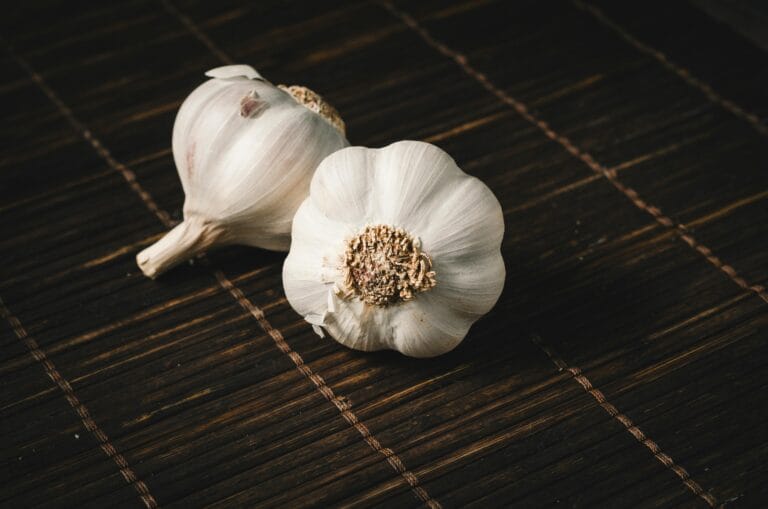Understanding Ginger: A Herbal Marvel
Ginger, scientifically known as Zingiber officinale, is a flowering plant native to Southeast Asia, popularly recognized for its rhizome, which is widely used as a spice and a natural remedy. The plant has a long history, dating back to ancient civilizations, where it was treasured not only for its culinary applications but also for its extensive medicinal uses across various cultures, such as Traditional Chinese Medicine and Ayurveda. Its significance as a herbal marvel lies in its classification within herbal medicine as a warming and stimulating agent, advocating for digestive health and enhancing overall well-being.
Rich in bioactive compounds, ginger’s nutritional profile is impressive, with gingerol being one of the most potent constituents credited with many of its health benefits. Gingerol, a type of phenolic compound, contributes to ginger’s anti-inflammatory, antioxidant, and antimicrobial properties. These attributes make ginger potentially beneficial in managing various health conditions, including elevating blood pressure and supporting cardiovascular health. Its ability to improve blood circulation is often associated with its purported blood-thinning effects, which may help promote better liquidity in the veins, thus providing a supportive role for the heart.
Ginger’s versatility extends beyond its flavor-enhancing qualities; it also holds therapeutic potential in addressing common ailments such as nausea, digestive challenges, and inflammation. For many, the consumption of ginger as an herbal remedy has become a routine approach in tackling issues linked to memory and cognitive function. However, while many may seek the benefits of ginger, it is important to note that excessive intake can lead to harmful effects. Therefore, understanding the proper uses and precautions when incorporating this powerful herb into one’s diet is essential. Its multifaceted nature—blending culinary delight with significant health benefits—underscores the importance of ginger in both everyday cooking and holistic wellness practices.
Health Benefits of Ginger: A Natural Remedy
Ginger, a widely recognized spice, possesses an array of health benefits that make it a valuable addition to one’s diet. Numerous scientific studies have established its effectiveness in alleviating various digestive issues, including bloating, gas, and indigestion. The presence of gingerol, its primary bioactive compound, plays a vital role in enhancing digestion and reducing discomfort within the gastrointestinal tract.
Moreover, the anti-inflammatory properties of ginger contribute significantly to its health benefits. Chronic inflammation is a common underlying factor in many diseases, including heart disease and arthritis. Research indicates that ginger may help mitigate inflammation, thereby promoting overall health and potentially reducing the risk of chronic conditions. Its ability to function as a natural analgesic may also make ginger an effective remedy for pain relief, particularly in cases such as muscle soreness and osteoarthritis.
Another prominent benefit of ginger is its anti-nausea effects, which are particularly noteworthy for pregnant women and patients undergoing chemotherapy. Studies have shown that ginger can significantly reduce nausea and vomiting, making it an advantageous natural remedy for these situations. This quality, grounded in ginger’s impact on the gastrointestinal system, can ease the discomfort associated with nausea, providing relief without the harmful side effects often associated with pharmaceutical alternatives.
Additionally, ginger has been linked to enhanced immune system support due to its antimicrobial properties. Some studies have identified ginger as one of the most powerful antibiotics, effectively combating various pathogens. This immune-boosting capacity also aligns with its potential role in improving circulation, leading to better blood liquidity and promoting heart health, which is critical in managing blood pressure.
Incorporating ginger into your diet offers a multitude of health benefits, ranging from digestive aid to anti-inflammatory effects. These attributes highlight its remarkable versatility as a natural remedy that can significantly enhance well-being.

Culinary Uses of Ginger: Adding Flavor and Health to Your Meals
Ginger is an incredibly versatile ingredient that can enhance both the flavor and health benefits of your meals. Whether used fresh, dried, powdered, or pickled, ginger adds a unique warmth and zest to various dishes while also contributing to overall wellness. Its myriad culinary applications make it a favorite among home cooks and professional chefs alike.
One popular way to enjoy ginger is by making ginger tea. Simply steep fresh ginger slices in boiling water for about ten minutes to extract the essential oils, resulting in a soothing and aromatic beverage. This tea not only delivers the benefits of ginger but also helps to keep blood pressure in check. Incorporating ginger into stir-fry dishes is another excellent option; try adding it to a mix of vegetables and proteins for a flavorful, healthful meal. The heat from ginger works well in tandem with other spices, enhancing the overall taste and providing further benefits to the heart.
For those who enjoy smoothies, fresh ginger can be added to boost flavor and nutrition. A simple green smoothie made with spinach, banana, and a hint of ginger provides a refreshing start to your day, while also leveraging ginger’s antibiotic properties. It is noted for being one of the most powerful antibiotics found in nature, which can help ward off infections and support a healthy immune system.
Baked goods offer another opportunity to incorporate ginger. Adding ground ginger to cookies, cakes, or muffins creates delicious treats that also contribute to your well-being. Ginger has the potential to promote blood thinning, which can improve liquidity in the blood, thus promoting cardiovascular health. By experimenting with ginger in your everyday cooking, you can enjoy its flavor while reaping its numerous health advantages.
Precautions: Ginger and Blood Pressure Levels
Ginger is widely recognized for its numerous health benefits, including its potential effects on blood pressure. However, it’s important for individuals, particularly those managing blood pressure levels, to be aware of the precautions associated with ginger consumption. Research indicates that ginger can have a dual impact on blood pressure; while it may lower blood pressure by promoting blood circulation and acting as a natural blood thinner, in some instances, it can also lead to an uptick in heart rate, potentially resulting in elevated blood pressure levels.
For individuals taking antihypertensive medications, the introduction of ginger into their diet should be approached with caution. High doses of ginger could interact with these medications, altering their effectiveness. Therefore, it is advisable to adhere to recommended dosages of ginger to mitigate any adverse effects on blood pressure. Consuming ginger in moderate amounts, like adding it to meals or beverages, is generally considered safe and can be part of a healthy diet, but excessive consumption should be avoided.
Before significantly increasing ginger intake, it is crucial to consult with healthcare providers. This is particularly essential for those already on blood pressure medications or those with pre-existing heart conditions. Healthcare professionals can provide personalized recommendations based on individual health profiles. Balancing the benefits of ginger, such as its antioxidant and antibiotic properties, against the potential risks is key, as improper use may counteract the therapeutic effects and lead to complications.
In conclusion, while ginger can offer various health benefits, a mindful approach is necessary for those managing blood pressure. Being aware of its potential effects, recommending proper usage, and engaging with healthcare providers can ensure that one enjoys the benefits of ginger without compromising overall health.









